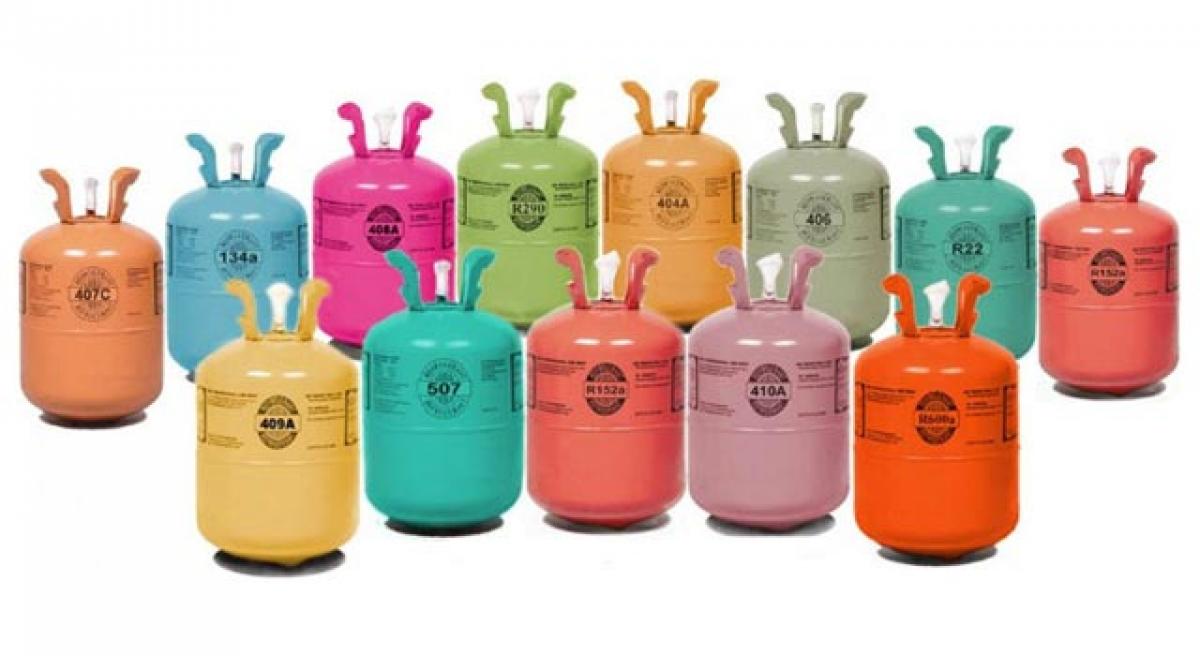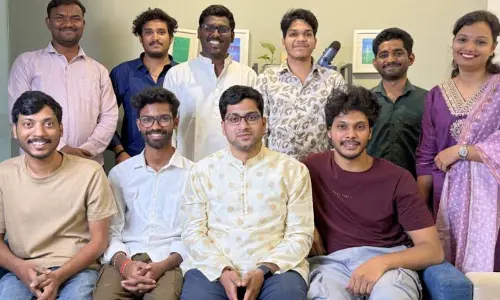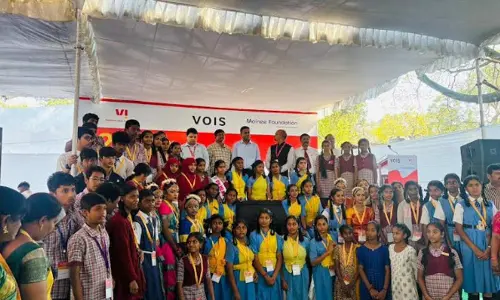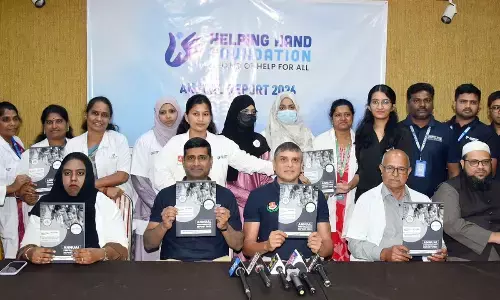India can spearhead war against HFCs

World leaders are gathering in Kigali, Rwanda, to reach an agreement on the biggest single step they can take this year to reduce hydrofluorocarbons, the ultra-potent greenhouse gases common in air-conditioners and refrigerators.
World leaders are gathering in Kigali, Rwanda, to reach an agreement on the biggest single step they can take this year to reduce hydrofluorocarbons, the ultra-potent greenhouse gases common in air-conditioners and refrigerators. Hydrofluorocarbons, or HFCs, were once crucial replacements for ozone-depleting coolants, but these one-time environmental saviours have become the fastest-growing heat-trapping pollutants. Kilo for kilo, the global-warming effect of hydrofluorocarbons is thousands of times more devastating than carbon dioxide.
Action on energy-efficient and climate-friendly cooling is critical given record-breaking heat waves around the world and skyrocketing demand for air conditioning in developing markets. It is time to freeze the growth of HFCs and start replacing them with safer, climate-friendlier and energy-smart alternatives. Many countries can make this happen, perhaps none more important than India. We need India's strong leadership again, just as it exhibited in the Paris Climate Agreement.
Phasing down super-pollutant HFCs would be the first and most consequential global action following the Paris Agreement, which will come into force next month now that a majority of countries, including India and the United States, have become parties. It was no coincidence that India ratified the Paris accord on Mahatma Gandhi's birthday. For as Gandhiji himself once declared: "We have to hand over the earth, the air, the land and the water to the children at least as it was handed over to us."
Central to the Paris Agreement is keeping the rise in global temperatures to below 2 degrees Celsius by the end of the century, and if possible below 1.5 degrees. At issue in Kigali is an amendment to freeze and phase down HFCs under the Montreal Protocol, the treaty that healed the ozone layer. An ambitious HFC phase-down agreement in Kigali could avoid adding another 0.5 degree of warming and make a big contribution to meet the Paris goals. This would be a huge victory against the warming of the planet.
Markets around the world, such as the European Union, Japan and United States, are moving beyond HFCs. In the US, the Environmental Protection Agency has set deadlines to ban certain uses of HFCs, from automobile and commercial building air-conditioning to retail and home refrigeration. Those actions would have the same anti-warming punch as pulling three million cars off the road. The US, the European Union, and more than 100 other developed and developing countries back a freeze on HFCs from 2021, with decline thereafter. India, the third-largest emitter of greenhouse gases, proposed a freeze beginning in 2031.
Prime Minister Narendra Modi can make India a leader in Kigali, just as it was in Paris. He can seize the moment by agreeing to freeze and start cutting HFCs in the early 2020s. Many countries are already moving in the right direction, movement that could be accelerated with a strong and quick-acting Montreal Protocol. (Jamshyd Godrej is the CMD of Godrej & Boyce; Frances Beinecke is the former president of the Natural Resources Defence Council)
By Jamshyd Godrej & Frances Beinecke










